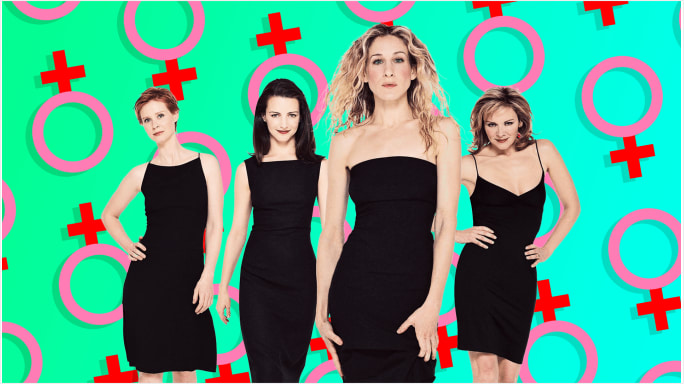Prenatal vitamins offer a plethora of health benefits and critical nutrients to women who are breastfeeding, trying to conceive or are already pregnant.
These vitamins help to ensure the healthy development of a baby inside the womb while offering mothers-to-be and new mothers all the hair and nail strengthening benefits they could ever desire. But because the vitamins are specifically formulated to meet the needs of new or soon-to-be moms, the average woman should steer clear of all the extra nutrients.
Doctors recommend that women who are trying to conceive should begin taking a prenatal vitamin about 12 weeks before pregnancy to facilitate egg maturation. During pregnancy, a woman’s nutritional needs drastically increase as the developing baby begins to take nutrients from her existing store. It’s important that a woman’s body have a strong basis of calcium, folic acid and iron, which will help in the baby’s development during those first few weeks.
“Pregnancy is a period of intense fetal growth and development, as well as maternal physiological change, so adequate intake of macronutrients and micronutrients during pregnancy promotes these processes,” said Dr. Ahmed Shahata, chief resident of obstetrics and gynecology at Kingston General Hospital, in an interview with Global News.
The elevated levels of calcium, iron and folic acid found in prenatal vitamins are not suited for a person who isn’t pregnant or expecting to get pregnant and can actually have the opposite effects on a person’s body.
Folic acid works to prevent neural tube defects in developing fetuses, but taking in too much of it can mask deficiencies of other nutrients, such as B-12. A chronic B-12 deficiency can lead to low energy, memory loss, neurological issues such as tingling and numbness in hand and feet and endocrine-related autoimmune disorders such as diabetes and thyroid disease.
Iron is critical for fetal development and for expanding a woman’s red blood cell mass, but it can also lead to side effects including constipation, diarrhea and nausea.
And while calcium has been shown to reduce the risk of developing hypertensive disorder in pregnancy, it also has the potential to increase the development of gall bladder or renal stones.
Experts say that theoretically most of the nutrients women need should be coming from the food they eat.
“Relying too much on supplements can give you a false sense of security about how well you’re eating,” said Hillary Wright. MEd, RD, author of The PCOS Diet Plan: A Natural Approach to Health for Women with Polycystic Ovary Syndromeand director of nutrition counseling at the Domar Center for Mind Body Health at Boston IVF in Waltham, Mass.
Doctors recommend that women who are looking to boost their nutrients but not to conceive should opt for multivitamins rather than prenatal vitamins. If you believe that you are deficient in a particular nutrient, consult your healthcare provider.




comments